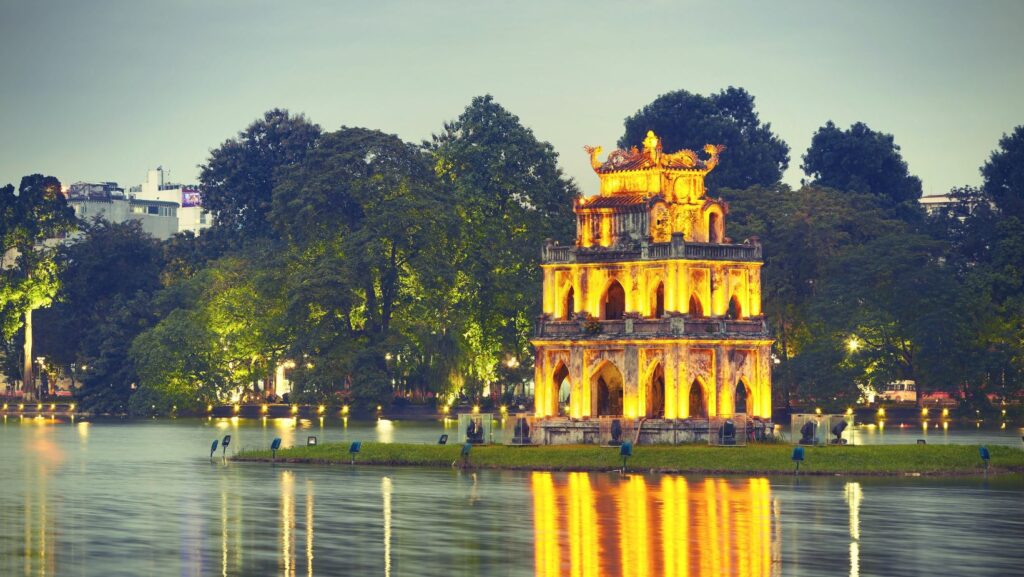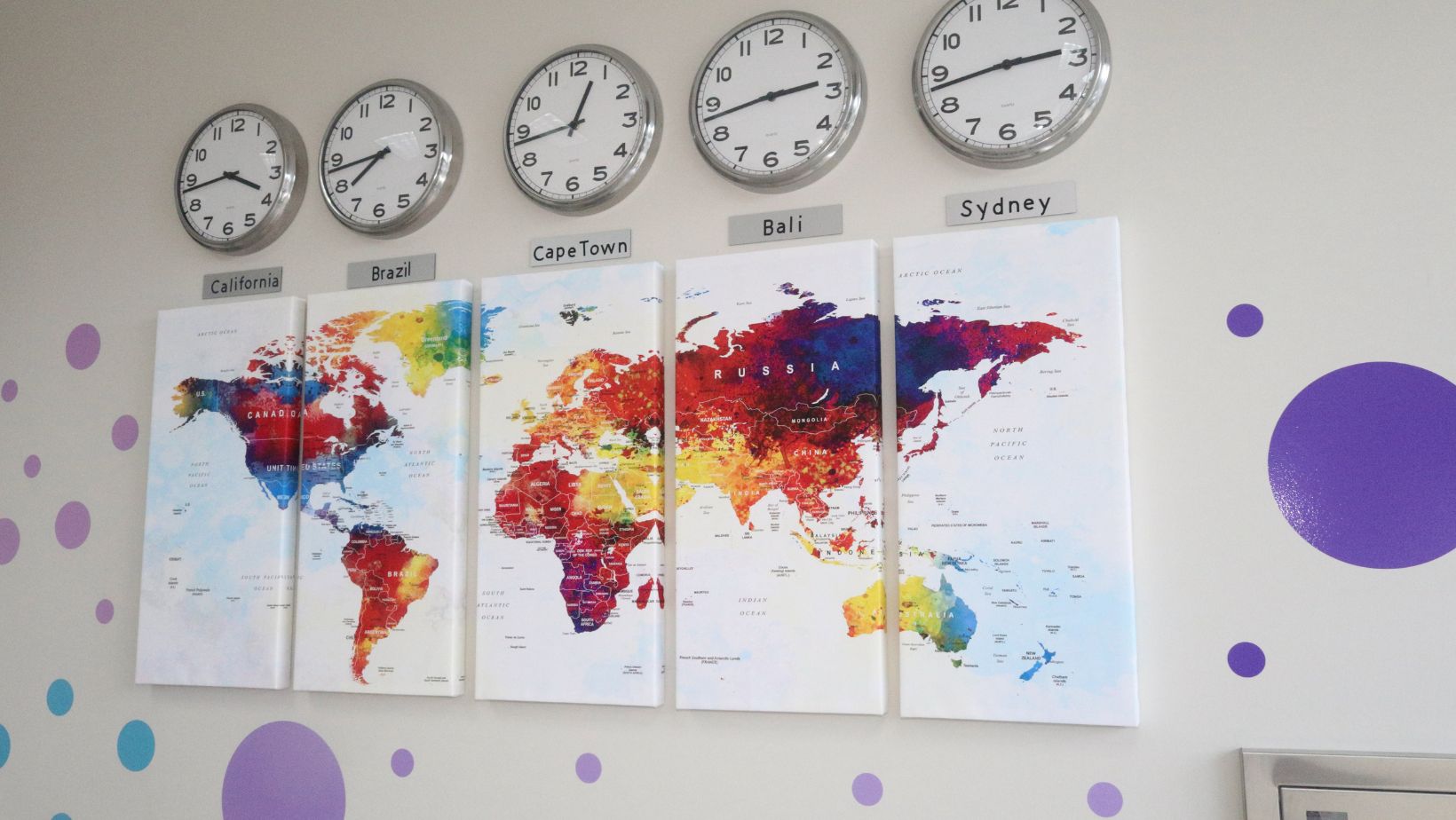
Navigating through the complexities of global time zones can be perplexing, especially when planning travel or business across different countries. Vietnam, located in Southeast Asia, operates on a single time zone, which simplifies timekeeping across its diverse landscapes from bustling cities to tranquil rice paddies. Understanding Vietnam’s time zone is crucial for anyone looking to connect with this vibrant country, whether for personal or professional reasons.
Time Zone Vietnam
Vietnam operates under a single time standard, Vietnam Standard Time (VST), which is 7 hours ahead of Coordinated Universal Time (UTC+7). This time setting streamlines scheduling and planning across the nation.
Geographic Coverage and Time Offset
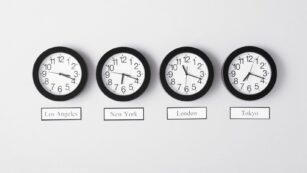 Vietnam Standard Time (VST) covers the entire country, from the northern regions near China to the southern tip bordering the Gulf of Thailand. Despite the country’s longitudinal stretch, there is no variation in time zone. This uniformity ensures consistency in all national activities, facilitating coordination in business operations and social engagements. Geographic considerations, like the 1,650 kilometers from north to south, do not affect the time offset, which remains fixed at UTC+7 throughout the year.
Vietnam Standard Time (VST) covers the entire country, from the northern regions near China to the southern tip bordering the Gulf of Thailand. Despite the country’s longitudinal stretch, there is no variation in time zone. This uniformity ensures consistency in all national activities, facilitating coordination in business operations and social engagements. Geographic considerations, like the 1,650 kilometers from north to south, do not affect the time offset, which remains fixed at UTC+7 throughout the year.
Sunlight Hours and Daylight Variations
Because Vietnam spans approximately 8 degrees of latitude and does not implement Daylight Saving Time, the sunlight hours vary modestly throughout the year. In the northern parts such as Hanoi, daylight can last approximately from 5:30 am to 6:30 pm during the summer months. In contrast, winter days are shorter with sunlight from about 6:15 am to 5:45 pm. Further south, in cities like Ho Chi Minh, the variance in daylight hours is lesser, generally spanning from 5:45 am to 6:00 pm year-round. This predictable daylight pattern aids in planning daily activities and enhances the efficiency of energy use, without the complexity of daylight saving adjustments.
Impact of Time Zone Vietnam on Business
Global Cooperation Considerations
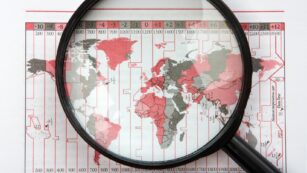 Operating on a single time zone facilitates smoother global communication for businesses in Vietnam. When scheduling meetings with partners across different time zones, firms benefit from a consistent reference point. For instance, businesses in Vietnam collaborating with companies in New York, which is normally 12 hours behind Vietnam, know precisely that morning hours in Vietnam correspond to evening hours in New York. This clarity aids in avoiding scheduling conflicts and enhances productivity. Furthermore, it simplifies the coordination of deadlines, making it easier for international projects to stay on track.
Operating on a single time zone facilitates smoother global communication for businesses in Vietnam. When scheduling meetings with partners across different time zones, firms benefit from a consistent reference point. For instance, businesses in Vietnam collaborating with companies in New York, which is normally 12 hours behind Vietnam, know precisely that morning hours in Vietnam correspond to evening hours in New York. This clarity aids in avoiding scheduling conflicts and enhances productivity. Furthermore, it simplifies the coordination of deadlines, making it easier for international projects to stay on track.
Trading Hours for Markets
The use of a unified time zone directly influences trading activities, particularly for businesses involved in stock or commodity markets that depend on international markets’ schedules. During the overlap of trading hours, Vietnamese traders need to be active in the early hours to engage with European markets and later in the day for American markets. For example, the New York Stock Exchange operates from 9:30 AM to 4 PM EST, which translates to 9:30 PM to 4 AM the next day in Vietnam. This requires businesses to adapt by possibly shifting work hours or implementing a flexible schedule to maximize trading opportunities and profitability.
Traveling Across Time Zones to Vietnam
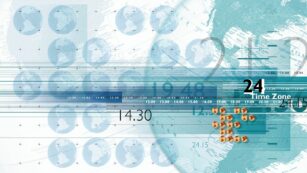 Travelers heading to Vietnam from different parts of the world often encounter the challenge of adjusting to Vietnam Standard Time (VST). This adjustment is crucial, as Vietnam operates under a single time zone, regardless of its geographical span. When planning a trip from countries like the United States or the United Kingdom, visitors need to manage the substantial time difference to ensure a smooth transition.
Travelers heading to Vietnam from different parts of the world often encounter the challenge of adjusting to Vietnam Standard Time (VST). This adjustment is crucial, as Vietnam operates under a single time zone, regardless of its geographical span. When planning a trip from countries like the United States or the United Kingdom, visitors need to manage the substantial time difference to ensure a smooth transition.
Preparing for the Time Zone Change involves understanding the number of hours you’ll need to adjust. For instance, Vietnam is seven hours ahead of Greenwich Mean Time (GMT+7). Therefore, someone traveling from London, which is on Greenwich Mean Time, during the winter will need to advance their watch by seven hours upon arrival in Vietnam.
Adjusting to the New Time Zone can be easier with some practical strategies. Gradually modifying sleep schedules before the trip can help alleviate jet lag. Exposure to natural light upon arrival also helps reset the body’s internal clock to adapt to VST more rapidly. Business travelers particularly benefit from this adjustment as they engage in local or international operations that align with Vietnamese business hours.


